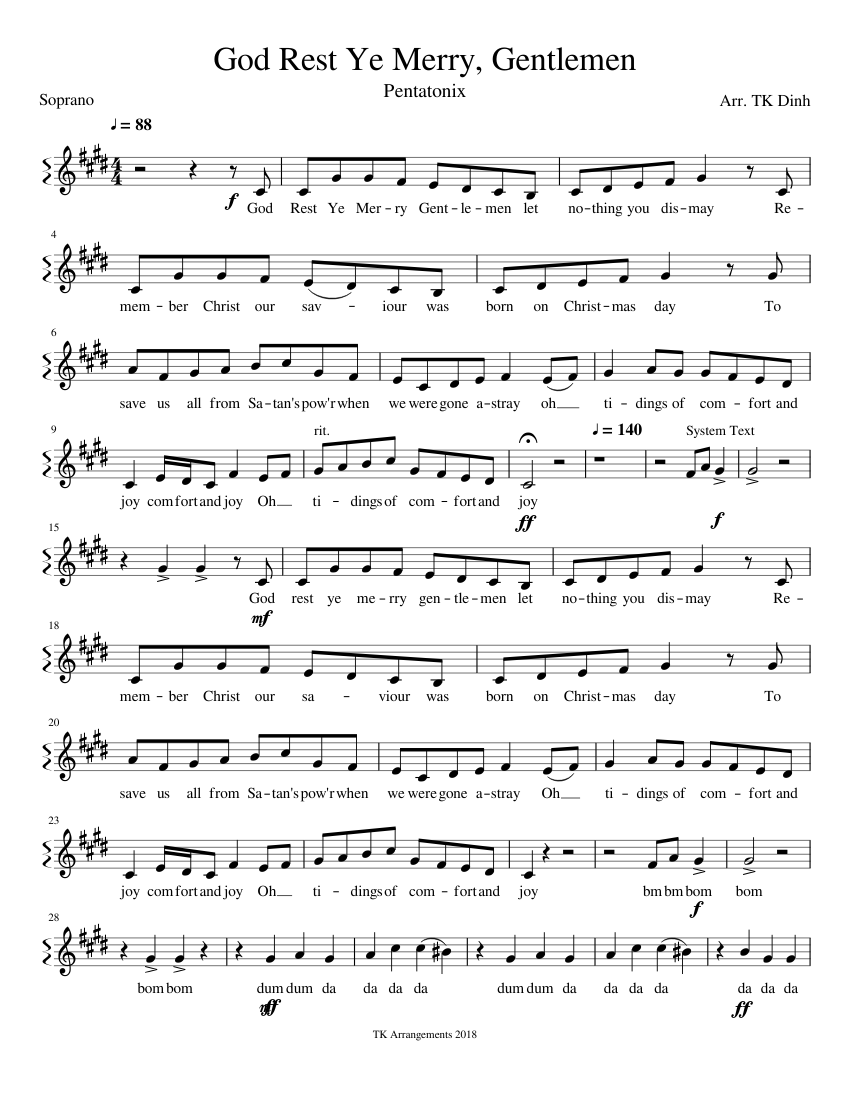

Fossils buried in "Here We Come A-Wassailing" (Now you can watch the yule log on YouTube!) "Tide" is a word that meant season, so by the 15th century "Yuletide" was used for the Christmas season and also the Pagan celebration of the Winter Solstice. During this time, a yule log would traditionally be burned. The word was related to the Old Norse jōl, which was the 12-day Pagan Feast to celebrate the Winter Solstice.

"Yule" dates back to around the year 900 from the Old English word geōl, meaning Christmas. Also a weird one! "Yuletide" or "yule" is basically an old term for the Christmas season. Wow, this one is wacky! "Troll" dates back to the 16th century and originally meant to sing in a full, rolling voice-not, amazingly, to mess with somebody on the internet. Until the 20th century, "gay" was very frequently used to mean "happy" or "joyful," and in this carol it means especially flashy or finely dressed! 🎶 Troll the ancient yuletide carol 🎵ĪKA: Heartily 🎶sing 🎶 that really old Christmas (or Pagan Winter Solstice Feast) song! This verb is an old way of saying “to put on.” ( BONUS: the opposite of "don" is "doff" (to take off), which is also a fossil in the phrase to doff one's hat.) Nick himself! Because it has survived as a fossil in this song, we now see this in the names of brands and events. This word came from the Dutch decken, meaning “to cover” and eventually took on the meaning "to decorate." This can mean literally putting up wreaths or bows of pine, cedar, balsam, etc., but now you'll also hear it used for hanging stockings, putting candles in the window, hanging mistletoe, and prepping for St.

Here are three fossilized phrases to listen for in this Christmas carol: 🎶 Deck the halls with boughs of holly 🎵 "Deck the Halls” was originally written in 1862 by Scottish musician Thomas Oliphant and set to the tune of an even older Welsh New Year's song. Centuries ago, it was applied to English songs with a refrain that repeated after each verse, and the word "carol" became associated with song instead of dance. Here's what's hidden away in your favorite carols! Why are they called Christmas "carols"?įirst, you may be wondering why we call them Christmas carols, and not Christmas songs 🤔 Well, "carol" itself is actually a fossil word! Carole was a French word for a dance performed in a circle.
God rest ye merry gentlemen lyrics in french full#
Some non-seasonal fossil words are in the phrases “the whole shebang,” “to and fro,” and “let bygones be bygones.” But Christmas carols are especially full of fossils! In fact, many words in Christmas songs date back to Old English or Middle English, and even other languages like Dutch and Old Norse!Ĭhristmas is such an old holiday that many fossil words continue to live on-and you help them live on, whether you're singing along in a choir, at an ugly sweater party, or when holiday songs start playing on every radio station in November. Have you ever listened to a Christmas carol and thought, “Wait… what did they say?!" What does it mean to "deck" the halls, anyway? 🤔 These seasonal songs are filled with some really unusual expressions and vocabulary, called fossil words: words that are now used in only specific contexts, especially in idioms.


 0 kommentar(er)
0 kommentar(er)
